
Circus Maximus
The Economic Gamble Behind Hosting the Olympics and the World Cup
Recommendation
What happens to velodromes or rowing parks after the Olympic Games leave town? How do cities make use of soccer stadiums built for the World Cup? When cities and countries fall in love with the idea of hosting these giant events, they often overlook the harsh financial realities of such an undertaking. In fact, the International Olympic Committee and FIFA, soccer’s governing body, promise that the hosts of their sports extravaganzas will realize long-term economic and social benefits. In reality, cities such as Athens, Beijing and Sochi get stuck with enormous debt, unusable venues and infrastructure headaches. Sports economist and economics professor Andrew Zimbalist explains why hosting these huge sports events usually results in a political, social and economic nightmare. Through painstaking research, the author sheds critical light on a corrupt system aching for reform. While his style may be a touch dry, you’ll be fascinated and appalled by the dreadful waste of money, resources and manpower he reports, all in the name of fleeting prestige and glamorous sport. getAbstract recommends this eye-opening reportage to mayors, city councils, state and local government officials, sports authorities, community activists, and anyone concerned about the links between public spending and private profit.
Summary
About the Author
A professor of economics at Smith College, Andrew Zimbalist is an industry consultant. He also wrote Unpaid Professionals: Commercialism and Conflict in Big-Time College Sports.








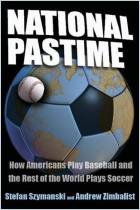
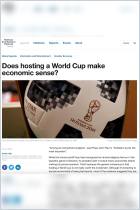
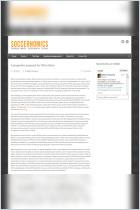
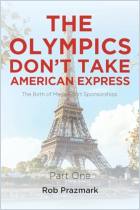
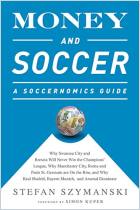






Comment on this summary or Start Discussion